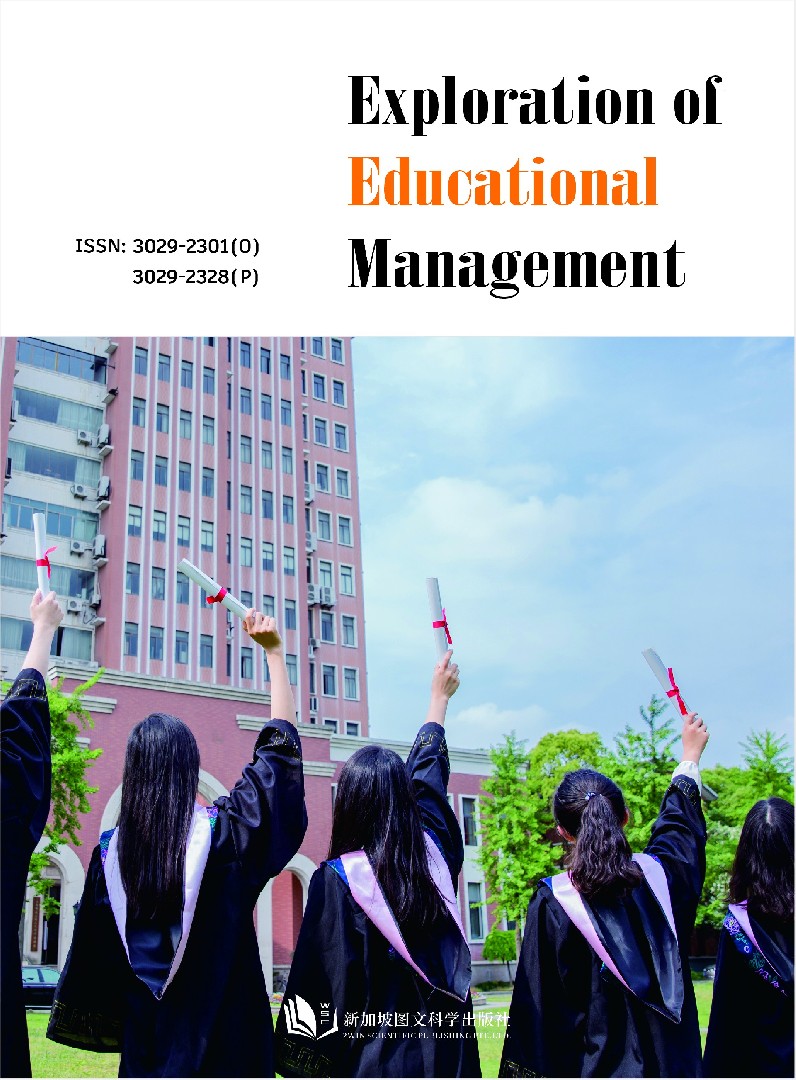作者
Nan Pan
文章摘要
By analyzing the educational practice of Bashu Primary School under the philosophy of "education is the philosophy of doing", this paper discusses how to promote students' high-quality development through classroom research and teaching innovation. In its 90-year history, Bashu Primary School has built a student-centered classroom research system, adhering to the idea of "pulsating with students' pulse". Through interdisciplinary integration, refined curriculum design and diversified evaluation mechanisms, the school enhances students' core literacy, and promotes curriculum optimization and teacher professional development. Classroom research is not only a tool to improve teaching quality, but also a key way to promote students' personalized development. This paper presents the practice model of Bashu primary school and its enlightenment to the promotion of teaching leadership in grassroots schools.
文章关键词
"Education is the philosophy of doing"; "Discipline +" results; Classroom research; Core quality of students; Teaching leadership; Curriculum innovation; Interdisciplinary integration; Teacher profess
参考文献
[1] Gu Mingyuan. (2004). Humanistic Thought in Education Reform. Beijing: Educational Science Press.
[2] Cheng Shangrong. (2015). Classroom Teaching Research and Teacher Professional Growth. Nanjing: Jiangsu Education Press.
[3] Li Zhengtao. (2018). Classroom Teaching Innovation and Students' Core Accomplishment. Shanghai: East China Normal University Press.
[4] Zhong Binglin. (2016). Research on School Teaching Leadership. Beijing: Higher Education Press.
[5] Guo Hua. (2018). Classroom Research and Construction of Teaching Leadership. Changsha: Hunan Education Press.
[6] Spillane, J. P. (2006). Distributed Leadership. San Francisco: Jossey-Bass.
[7] Hallinger, P. (2011). Leadership for Learning: Lessons from 40 years of empirical research. Journal of Educational Administration, 49(2), 125-142.
[8] Li Fang. (2010). Classroom Research in the Teaching Reform of Basic Education. Beijing: People's Education Press.
[9] Zhu Yongxin. (2013). New Educational Experiment. Shanghai: Shanghai Education Publishing House.
[10] Ministry of Education. (2019). Opinions on Deepening Education and Teaching Reform and Comprehensively Improving the Quality of Compulsory Education. People's Daily.
[11] Li Zhengtao. (2020). Research on Classroom Teaching from the Perspective of Core Literacy. Beijing: Educational Science Press.
[12] Zhong Binglin. (2018). Distributed Leadership in Educational Change. Educational Research and Practice, 12, 45-48.
[13] Gu Mingyuan. (2015). Educational Innovation and Classroom Practice. Beijing: Beijing Normal University Press.
[14] Tian Guoxiu. (2017). Modern Classroom Research. Beijing: People's Publishing House.
[15] Liu Zhenkun. (2020). Classroom Research in School Education. Shanghai: East China Normal University Press.
[16] Yang Jian. (2021). Educational Leadership: Theory and Practice. Nanjing: Jiangsu People's Publishing House.
[17] Zhao Min. (2018). Classroom Teaching Reform and Teacher Leadership Improvement. Journal of Teacher Education Research, 5(2), 76-82.
[18] Spillane, J. P., Halverson, R., & Diamond, J. B. (2001). Towards a Theory of Leadership Practice: A Distributed Perspective. Curriculum Studies, 37(1), 3-34.
[19] Hallinger, P., & Heck, R. H. (1996). Reassessing the Principal’s Role in School Effectiveness: A Review of Empirical Research, 1980–1995. Educational Administration Quarterly, 32(1), 5-44.
[20] Huang Ronghuai. (2016). Classroom Research and Innovation in the Information Age. Guangzhou: Guangdong Higher Education Press.
Full Text:
DOI
